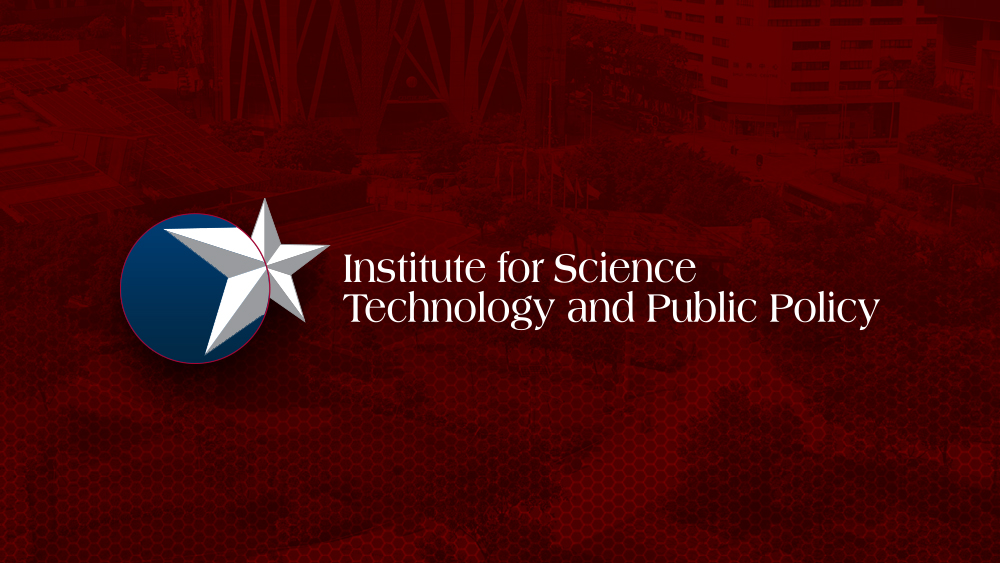
Kent Portney, ISTPP Director, and his co-authors, doctoral student Bassel Daher and Drs. Mohtar, Pistikopoulos, Kaiser and Saad, published their article on STEP solutions to water-energy-food (WEF) Nexus Hotspots in the journal Sustainability. The authors propose using a 3-Filter STEP (Socio-Techno-Economic-Political) framework for identifying planning and management solutions that incorporate multiple layers of bio-physical WEF systems and overlapping stakeholders. The STEP approach employs different tools, models, and instruments to evaluate possible interdisciplinary solutions. These tools can be used by engineers, planners, and social and policy scientists to assess the appropriateness of proposed nexus hotspot solutions through three structured screening filters – 1) resources interactions and trade-offs, 2) stakeholder interactions and trade-offs, 3) mobilize nexus interventions (governance and financing). Only proposed solutions that are adequately vetted through the 3-Filter STEP process should be considered as viable solutions to WEF nexus hotspots.
Daher, Bassel, Rabi H.Mohtar, Efstratios N. Pistikopoulos, Kent E. Portney, Ronald Kaiser and Walid Saad. 2018. “Developing Socio-Techno-Economic-Political (STEP) Solutions for Addressing Resource Nexus Hotspots.” Sustainability 10(2):512. DOI: 10.3390/su10020512

